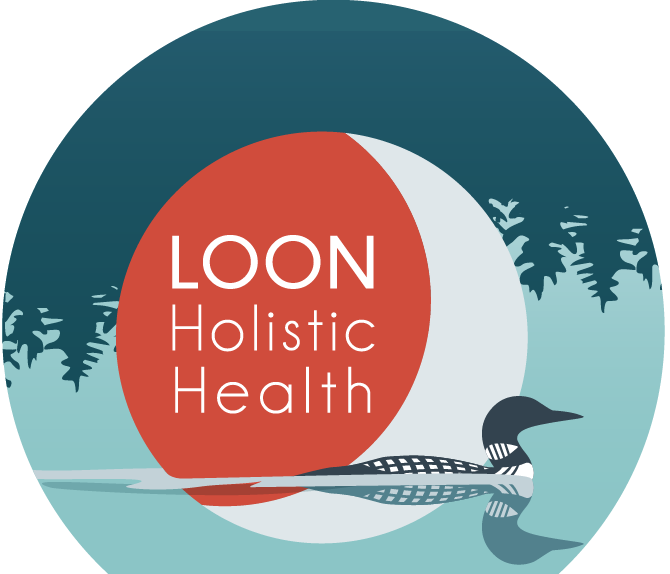Acupuncture for Allergies
How Acupuncture Can Help Treat Allergies
Allergy season can be a dreaded time of year for many people. There are also people who have allergies year round due to dust, food, or other pathogens in their environment. Sneezing, itchy eyes, congestion, sinus pain, and fatigue can make it hard to enjoy daily life. While over-the-counter medications provide temporary relief, they often come with unwanted side effects like drowsiness or dryness and are not good for the longterm. Acupuncture offers a natural, holistic approach to managing allergies, addressing both the symptoms and underlying causes of allergic reactions.
How Acupuncture Works for Allergies
For allergies, acupuncture helps by:
Reducing Inflammation: Acupuncture can help decrease the body's inflammatory response, alleviating symptoms like nasal congestion and itchy eyes.
Boosting Immunity: Regular treatments strengthen the immune system, making the body more resilient to allergens.
Regulating Histamine Response: Acupuncture helps modulate the body's histamine release, reducing the severity of allergic reactions.
Clearing Sinuses: Points around the face and head can improve sinus drainage and relieve pressure.
Addressing Root Imbalances: By balancing the lungs, spleen, and kidneys, acupuncture treats the underlying causes of allergies rather than just masking symptoms.
If you have seasonal allergies, it’s best to start getting acupuncture weekly a month before your allergen starts. Doing so can drastically cut your symptoms, if not irradiate them. However, you’ll get relief after every treatment even if you can’t start your treatment plan as early. If you have year round allergies starting anytime will work.
Scientific Research Supporting Acupuncture for Allergies
Recent research supports acupuncture as an effective complementary treatment for allergies. A systematic review published in the American Journal of Rhinology & Allergy found that acupuncture significantly improves nasal symptoms and quality of life for patients with perennial allergic rhinitis (source).
Additionally, a study in Evidence-Based Complementary and Alternative Medicine compared acupuncture to loratadine, a common antihistamine, and found that acupuncture was equally effective in managing persistent allergic rhinitis symptoms (source).
Biologically, acupuncture has been shown to regulate cytokines like interleukin-10 (IL-10) and interleukin-2 (IL-2), which help control the immune response (source). It also reduces inflammatory neuropeptides such as substance P (SP) and vasoactive intestinal peptide (VIP), both of which are associated with nasal inflammation in allergic rhinitis (source).
A comprehensive review in Chinese Medicine confirmed that acupuncture is both effective and safe for treating allergic rhinitis, offering a promising alternative for those seeking natural relief (source).
What to Expect During Treatment
During your acupuncture session, a comprehensive health history will be taken to identify the root cause of your allergies. Treatment typically involves placing needles in specific points on the face, hands, and legs, along with other areas depending on your symptoms. Many people find treatments relaxing and notice relief after just a few sessions.
For chronic allergies, regular acupuncture sessions combined with herbal medicine, dietary counseling, and lifestyle adjustments can provide long-term relief.
Natural Relief Without Side Effects
One of the greatest benefits of acupuncture for allergies is that it provides relief without the side effects often associated with medication. It works with your body's natural healing processes to restore balance and improve overall health.
If you're looking for a natural, effective way to manage your allergies, acupuncture could be the solution you've been seeking. Contact us at Loon Holistic Health to learn more or schedule an appointment.
Breathe easier, naturally!
Photo by Diana Polekhina


